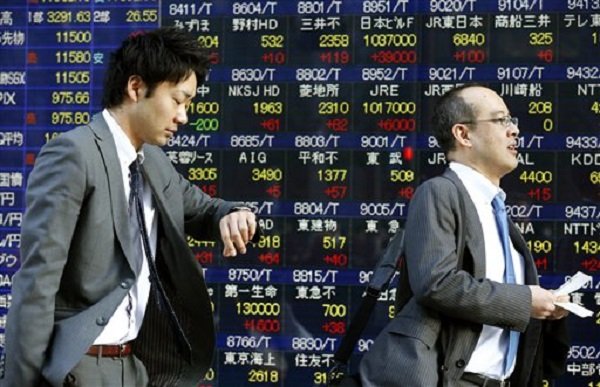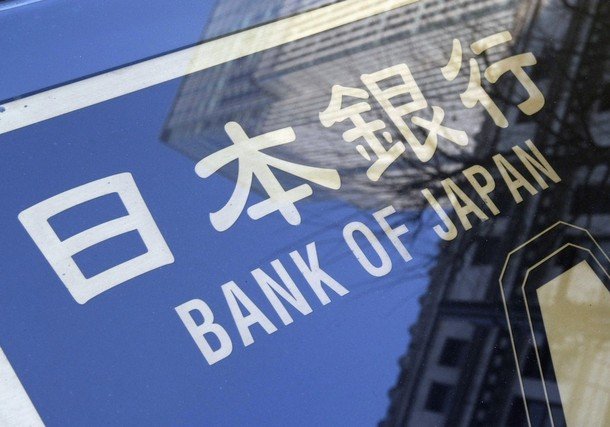Nikkei 225 reaches highest level since 2008
Japan’s stock market has reached its highest level since 2008, after a recent central bank stimulus plan raised hope of economic revival.
The main Nikkei 225 stock index climbed as much as 4.7% to 13,225.62, its highest since August 2008.
The Bank of Japan (BOJ) said on Thursday it would double the country’s money supply to spur growth and halt falling prices.
The step was much bigger than expected and signaled a more aggressive approach towards driving growth.
Analysts said that BOJ moves had got the attention of investors both at home and abroad.

Japan’s stock market has reached its highest level since 2008, after a recent central bank stimulus plan raised hope of economic revival
“Many investors who were not even interested in Japan before have opened their eyes,” said Tetsuro Ii, chief executive of Commons Asset Management.
“They realized that if they continue to look at Japan the way they did before, they are going to lose.”
By pumping more money into the system, Japan is hoping to promote price growth, ending a cycle of deflation, recession and sputtering economic recovery.
At the same time, it is also seen as an attempt to weaken its currency and boost exports.
The Japanese yen has declined 4.5% against the US dollar in the past two days, and more than 5% against the euro.
Analysts said the yen was likely to remain weak in the coming months.
“The big party we are having in the markets now is, of course, the financials. Banks are getting more money for free, utilities with big investment projects are getting zero cost capital now,” said Martin Schulz from Fujitsu Research Institute.
“The big story, and the lasting story, will be the exporters. A weaker yen helps the exporters to earn money with Japanese technology in Asian markets in particular.”
On Thursday, the BOJ embarked on what some are calling a new era of monetary easing.
It will increase its purchase of government bonds by 50tn yen ($520bn; £350bn) annually, the equivalent of almost 10% of Japan’s gross domestic product, or total economic output.
BOJ governor Haruhiko Kuroda defended the size of the stimulus saying the government’s inflation target of 2% would remain out of reach if the central bank continued its incremental steps.
Haruhiko Kuroda said he would “do whatever it takes” to drive growth.
However, analysts say Japan’s new direction is likely to provoke a reaction from their main competitors.
The BOJ’s moves to buy additional bonds is an attempt to keep long-term interest rates low.
The bank hopes that pumping money into the system will make borrowing cheap and encourage consumers and businesses to spend.
The central bank has also said that it would buy riskier assets such as exchange-traded funds and real estate trust funds.
While such moves may help halt years of falling prices, some analysts have warned that there is a risk that so much liquidity in the markets may trigger an artificial rise in asset prices.
“We think there is a risk of a bubble,” said Hiroshi Shiraishi, senior economist at BNP Paribas Securities.
“If these types of asset purchases are going to work, then they work by distorting asset markets.”
However, on Friday Haruhiko Kuroda sought to allay those fears, saying the bank will keep a close eye on the markets.
“I don’t think there’s a bond or stock market bubble now and I don’t see one emerging any time soon,” he told Japan’s lower house of parliament.
“But we will be vigilant of the risk.”

